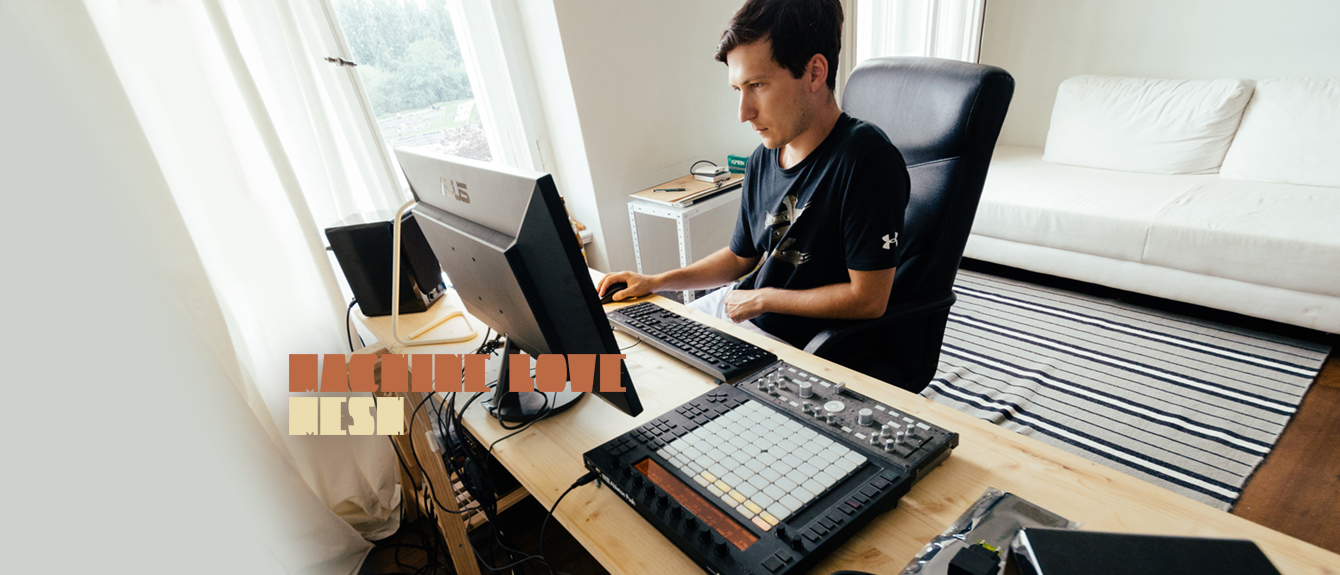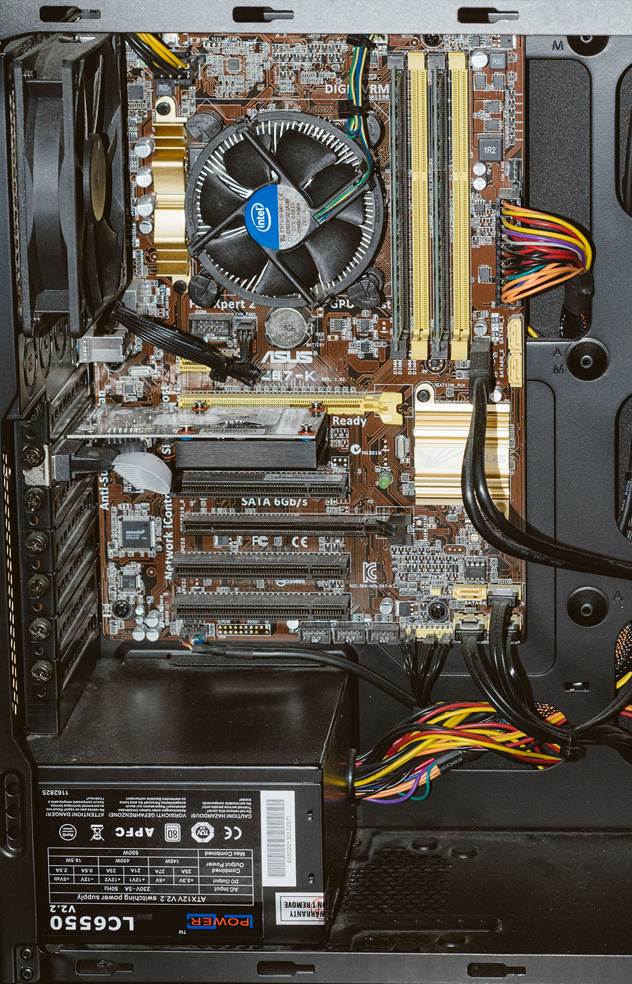version
Well-known member
Has this stuff been used to its full potential? Mark Fell's said he made the switch because it freed him from the linear timeline imposed by stuff like Logic and Ableton and Autechre have been doing what they do with it for decades, but there's surely plenty more you can do besides sounding like Mark Fell and Autechre.
Is anyone doing anything particularly interesting with it - or Pure Data, Reaktor, Bidule or any of the others - atm?
Is anyone doing anything particularly interesting with it - or Pure Data, Reaktor, Bidule or any of the others - atm?



